Drinking Water And Kidney Disease
Drinking water and kidney disease. Eight is great but not set in stone. This can cause a sudden drop in kidney function known as acute kidney injury. This is supported by European recommendations.
Results of the study were recently published in the Journal of the American Medical Association which explored the long-term benefits of water consumption in patients with stage 3 kidney disease. Having enough amounts of fluids in the kidneys can prevent diseases like kidney stones and UTIs. In the past two decades water has emerged as a potential therapeutic agent in nephrolithiasis chronic kidney disease CKD and polycystic kidney disease PKD in particular.
Drink lots of water every day and your kidneys will reap the benefits which means the rest of your body will too. This is a preview of. And this can prove disastrous for their kidney health in the long term.
Drinking 4 to 6 liters a day can lead to the healthy functioning of kidneys. Less is more if you have kidney failure aka. How much should we drink.
While drinking more water can boost kidney function a coaching program that encourages water consumption failed to improve outcomes in patients with kidney disease after one year. Individuals with kidney disease have often been advised to drink 8 or more cups of water a day. Plus drinking water regularly can become monotonous.
Beverages acidified with phosphoric acid create urinary changes known to promote kidney stones. Processed foods can increase the risk of crystals forming in the kidney which can join together and form stones. Hence if you next time think of having a bottle of flavored water remind yourself of the complications that flavored drink add to your already progressing kidney disease.
Specific Gravity While urine protein levels may be slightly lower after drinking an unusually high amount of water this occurs only because the urine has been diluted and the concentration of protein is less. How drinking plenty of water helps.
There are no hard facts either way.
If you have chronic kidney disease or are taking a medication that affects your kidney function elements in alkaline water could possibly have negative side effects on. Over the past few decades healthcare workers have also been encouraging people with kidney disease to drink more water in the belief that the excess water will prevent kidney stones excrete toxins from the body and maintain kidney function. While drinking more water can boost kidney function a coaching program that encourages water consumption failed to improve outcomes in patients with kidney disease after one year. Eight is great but not set in stone. There is no hard and fast rule that everyone needs 8 glasses of water a day. Dehydration not drinking enough water can increase your risk of kidney stones as well as caffeine and alcohol Diet diets rich in saturated fat animal protein refined sugar and salt eg. Whenever a person suffers from a kidney disease sodium and additional fluid in the circulation may cause the problem of water retention. Beverages acidified with phosphoric acid create urinary changes known to promote kidney stones. Research suggests that drinking plain water in particular can have a potentially protective effect on kidney function.
Hence if you next time think of having a bottle of flavored water remind yourself of the complications that flavored drink add to your already progressing kidney disease. While many claims about the benefits of increased water intake remain untested a growing body of evidence suggests that increased water intake. End stage kidney disease. Results of the study were recently published in the Journal of the American Medical Association which explored the long-term benefits of water consumption in patients with stage 3 kidney disease. As it happens 17 of Americans drink 0 glasses of water a day. Individuals with kidney disease have often been advised to drink 8 or more cups of water a day. Having enough amounts of fluids in the kidneys can prevent diseases like kidney stones and UTIs.
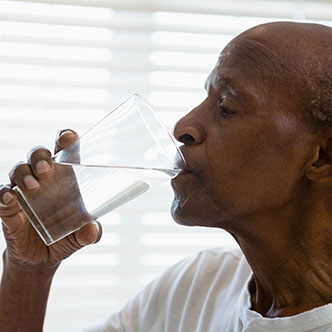

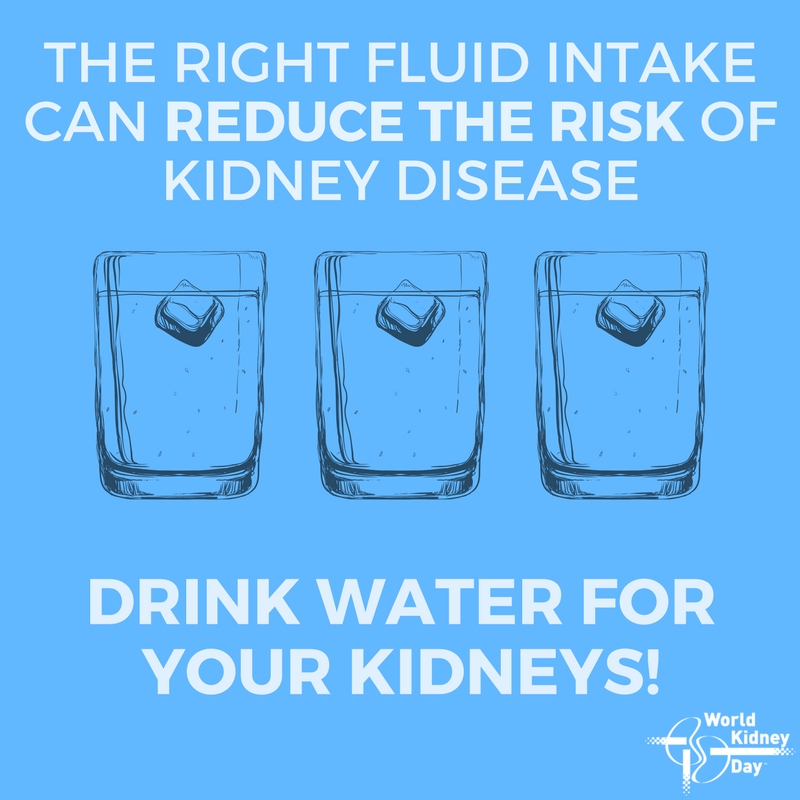
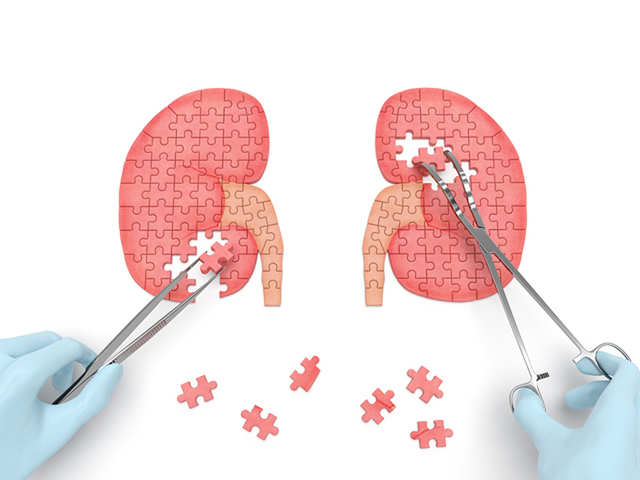
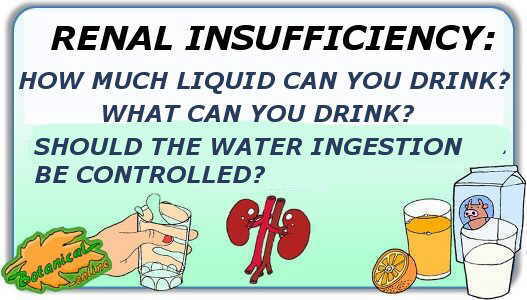

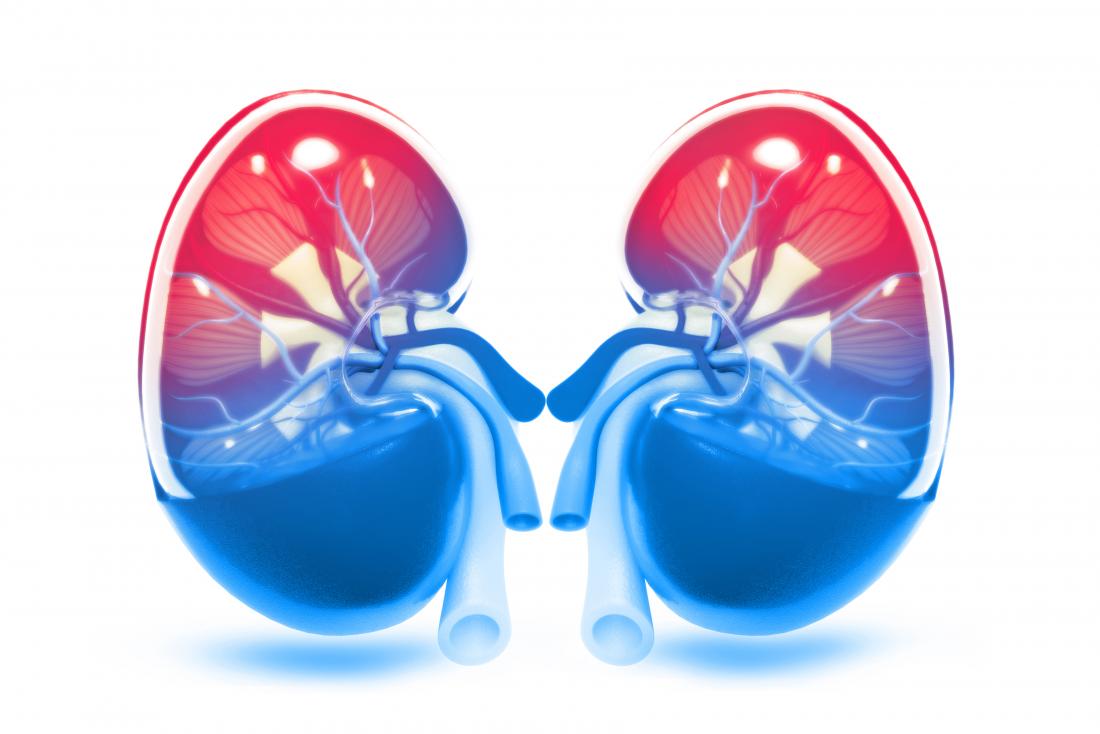


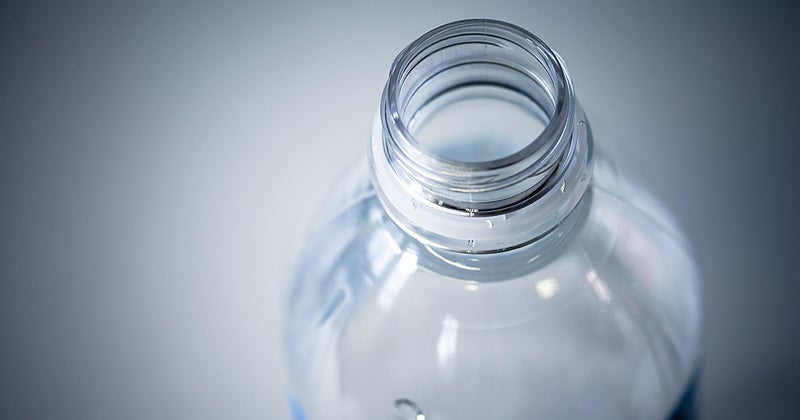

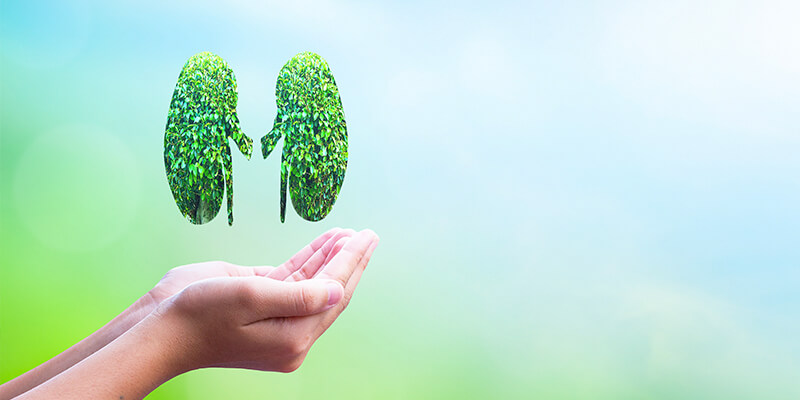


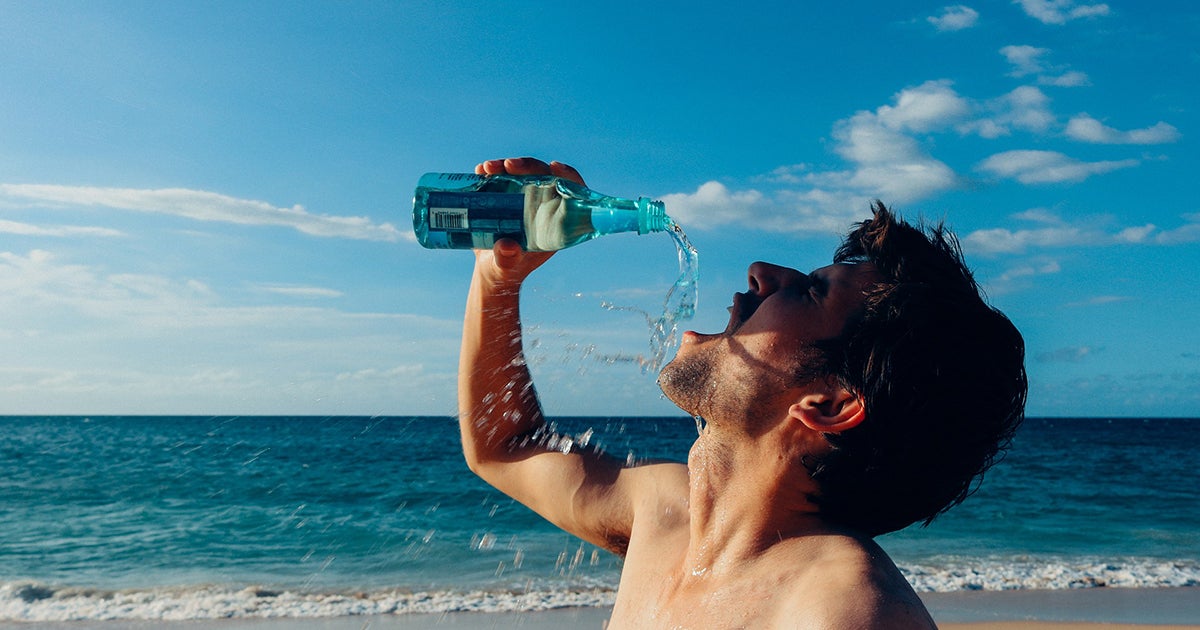



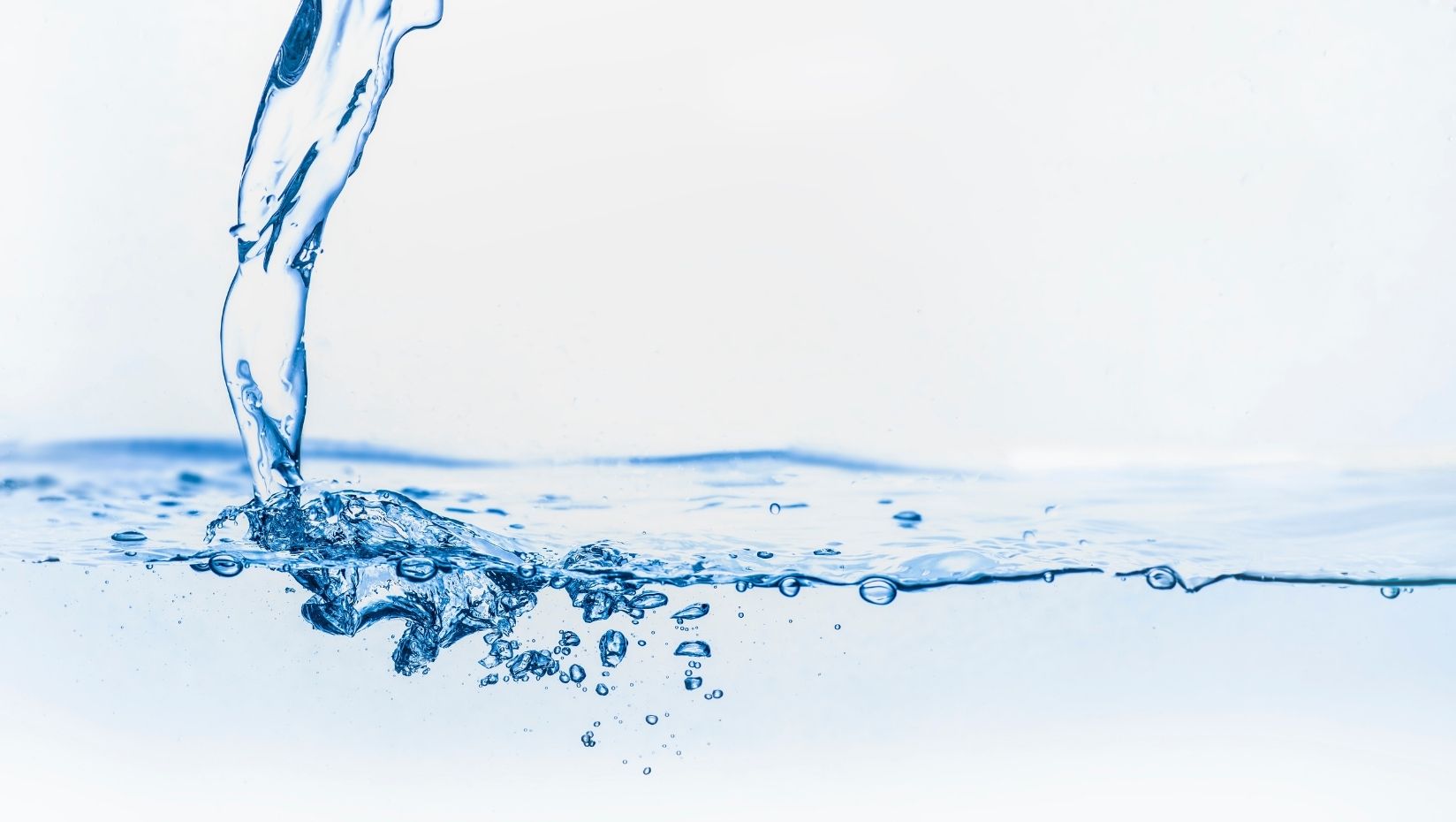



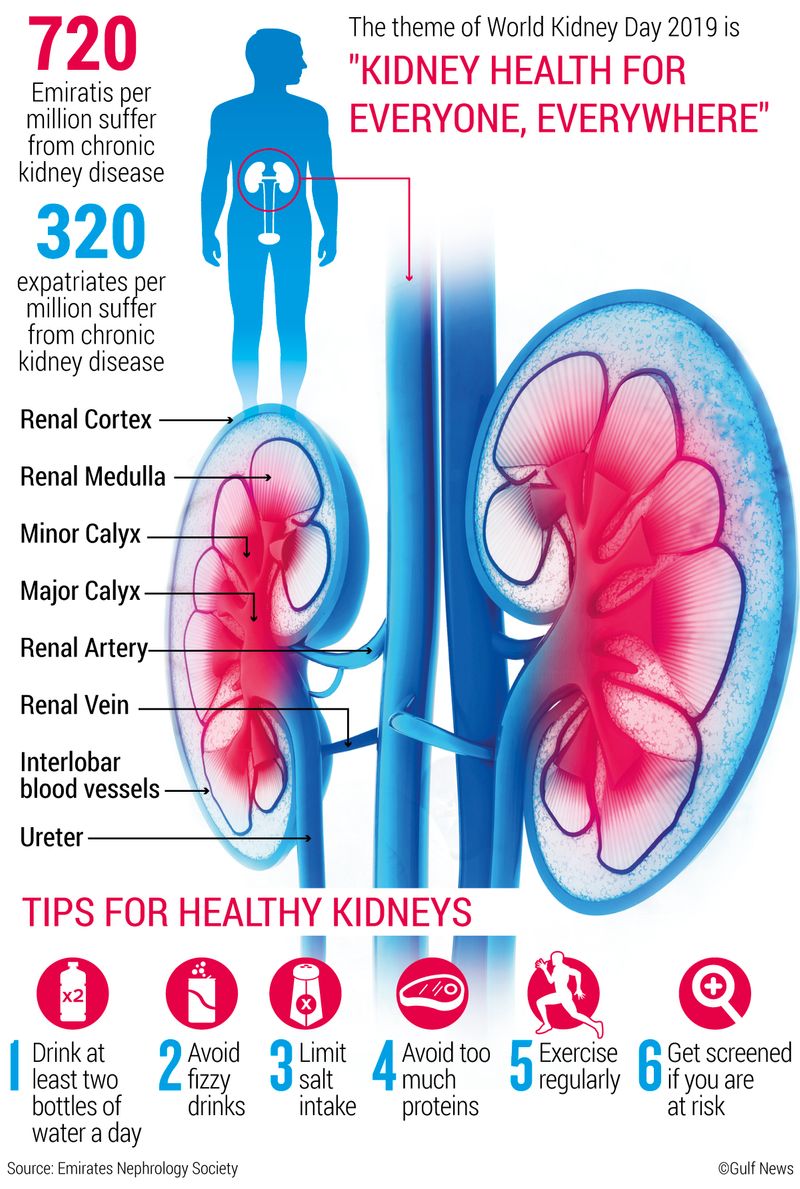

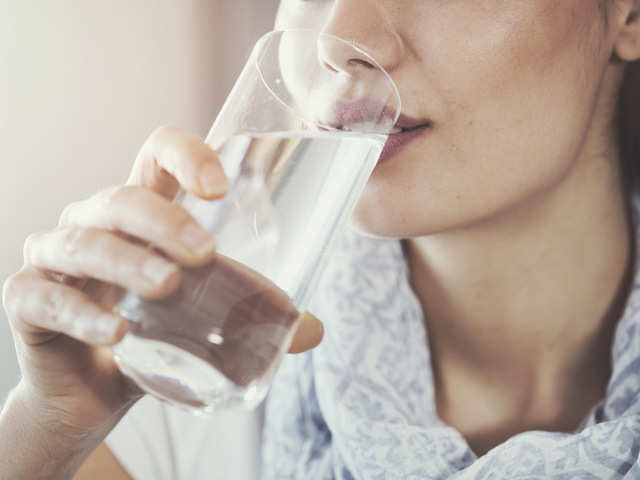
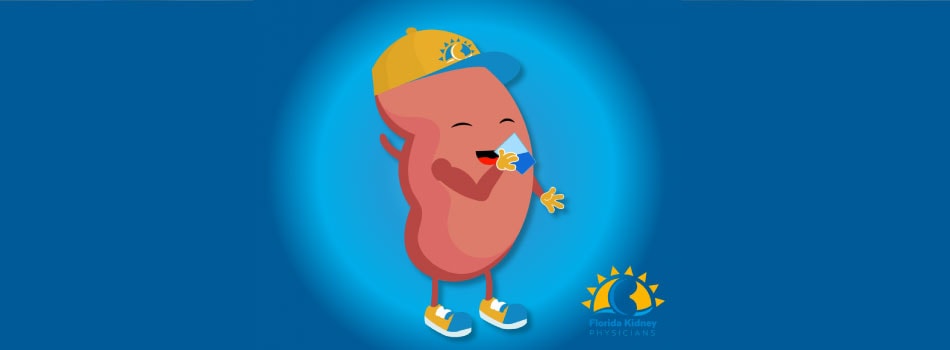



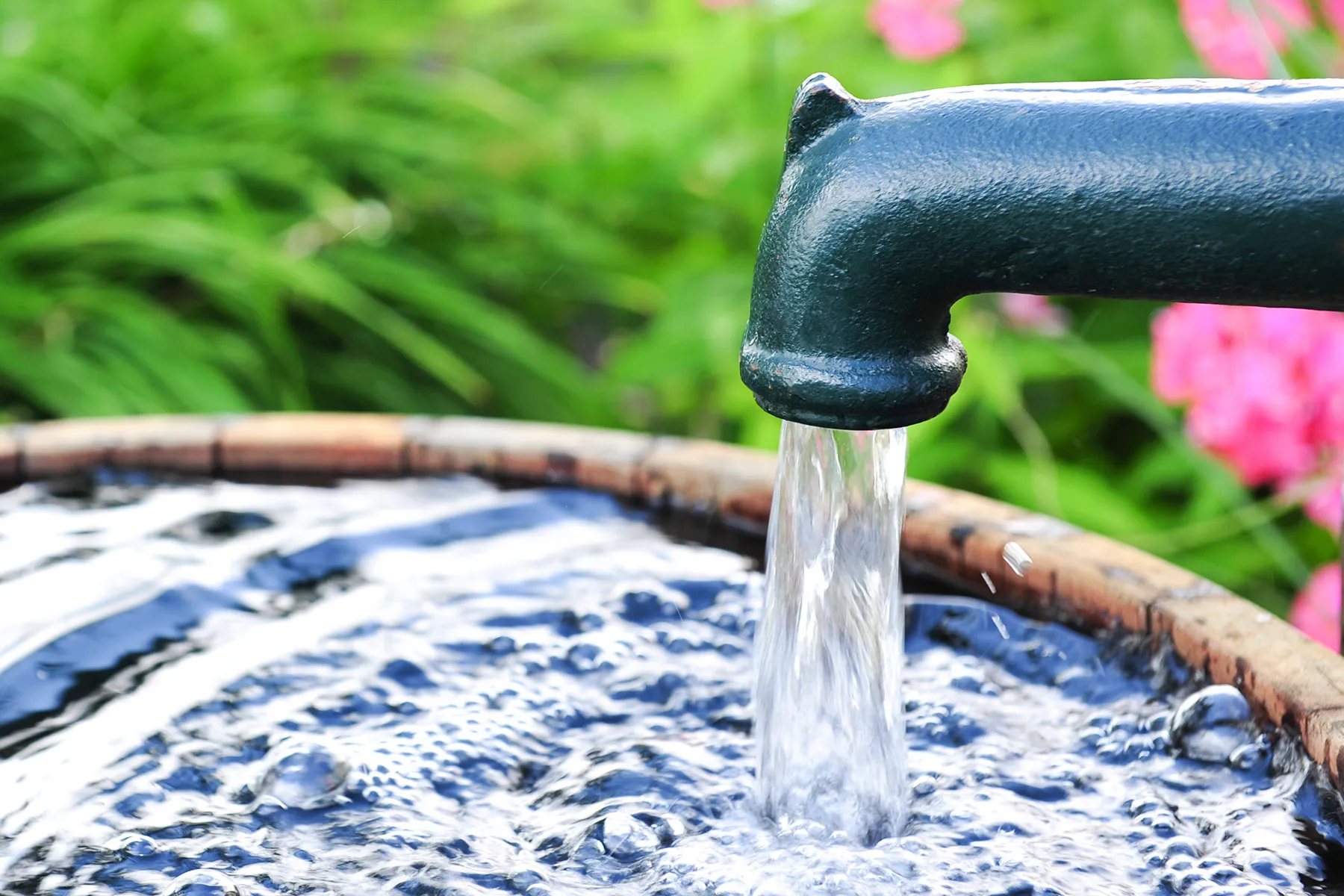



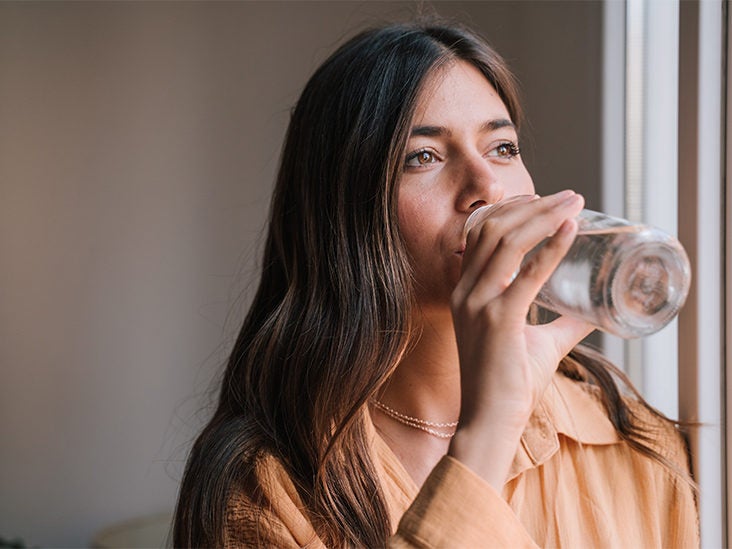





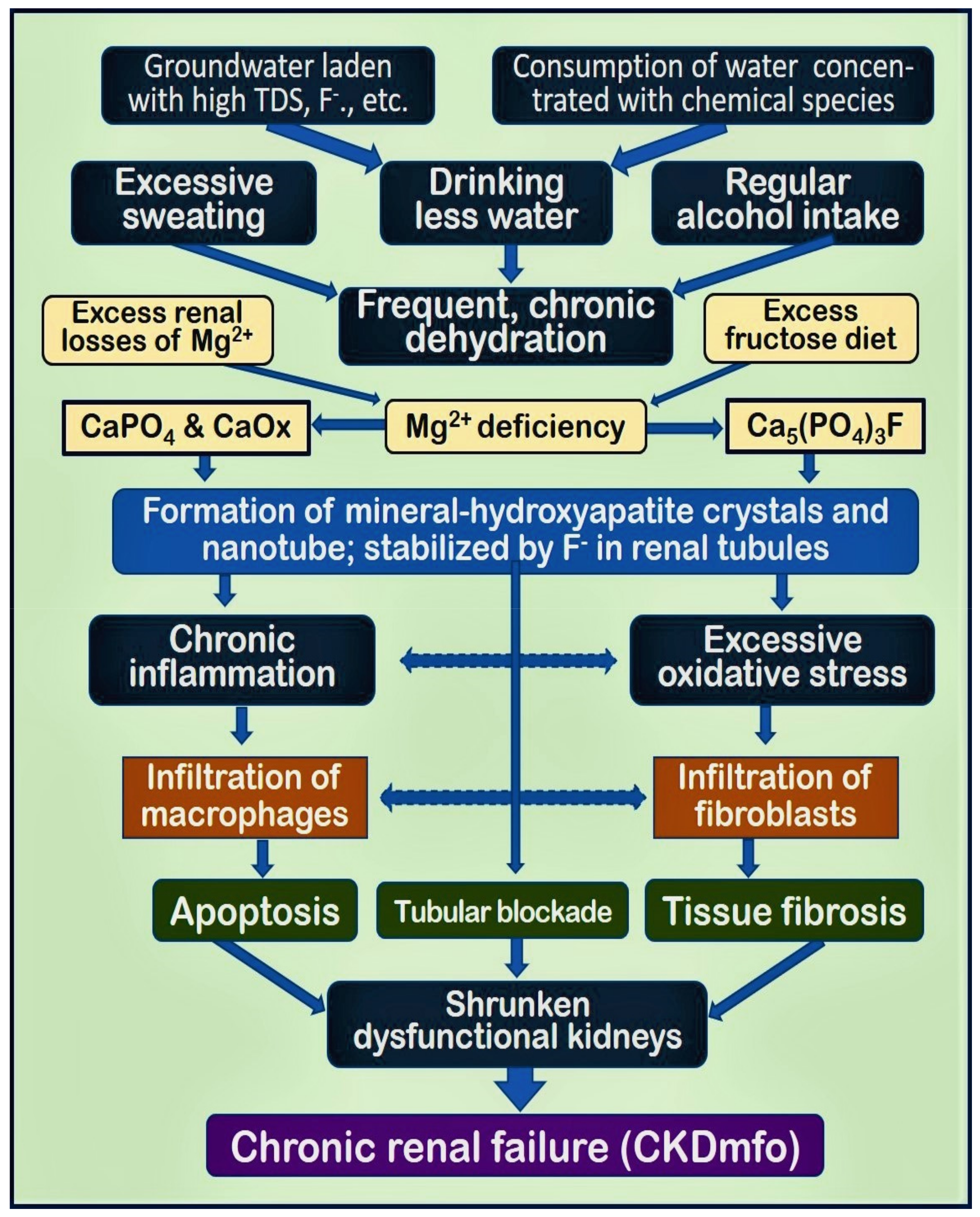
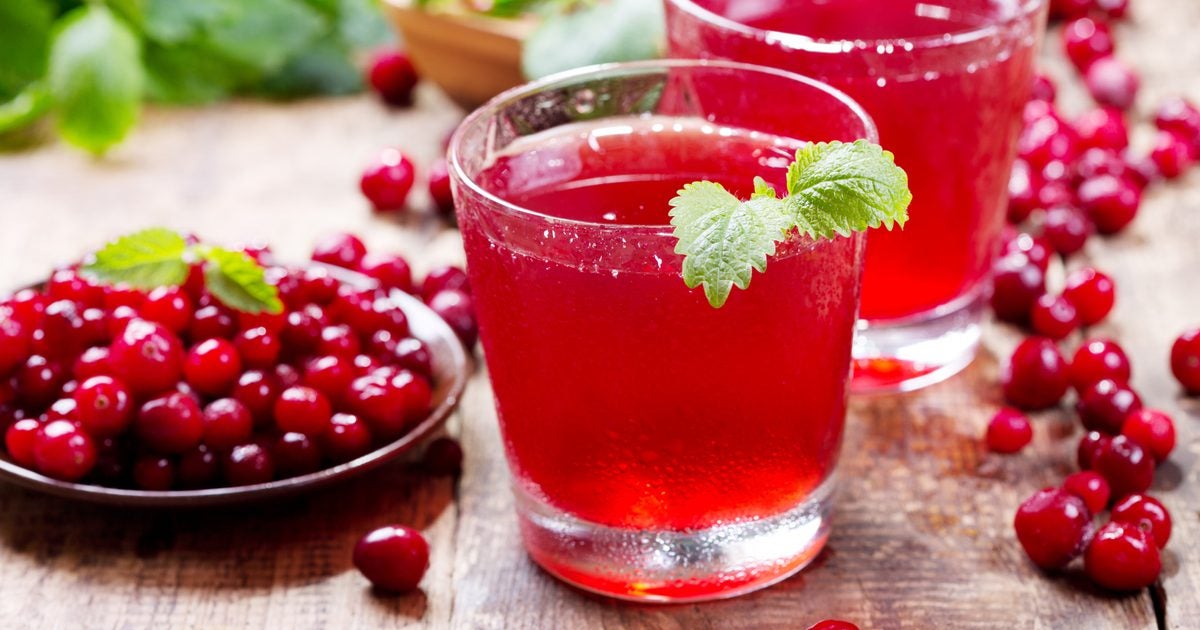




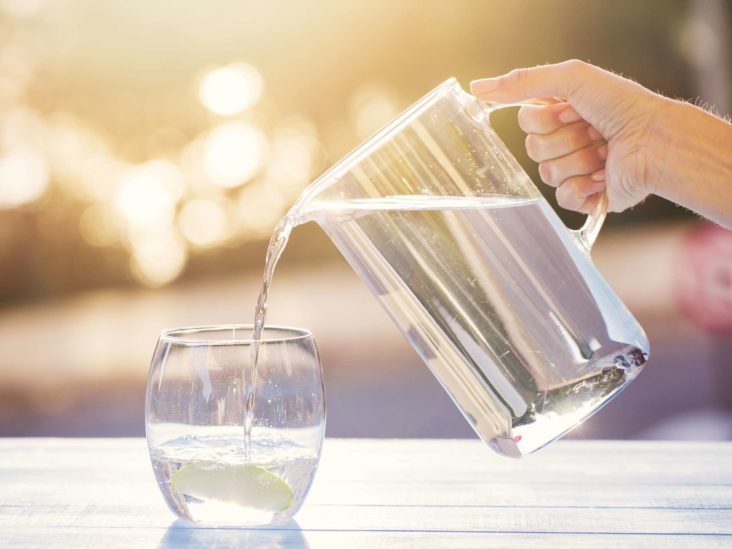
Post a Comment for "Drinking Water And Kidney Disease"